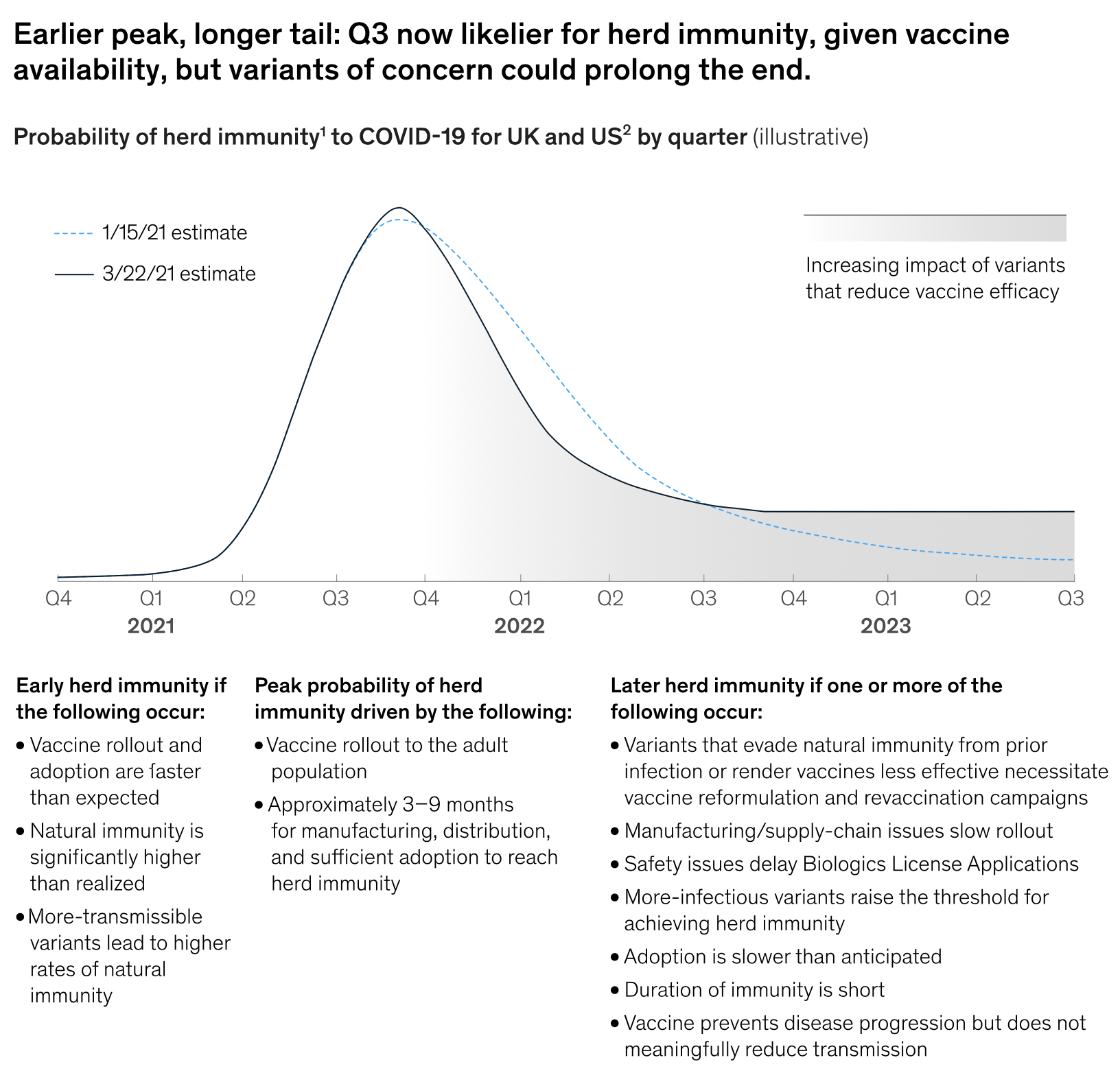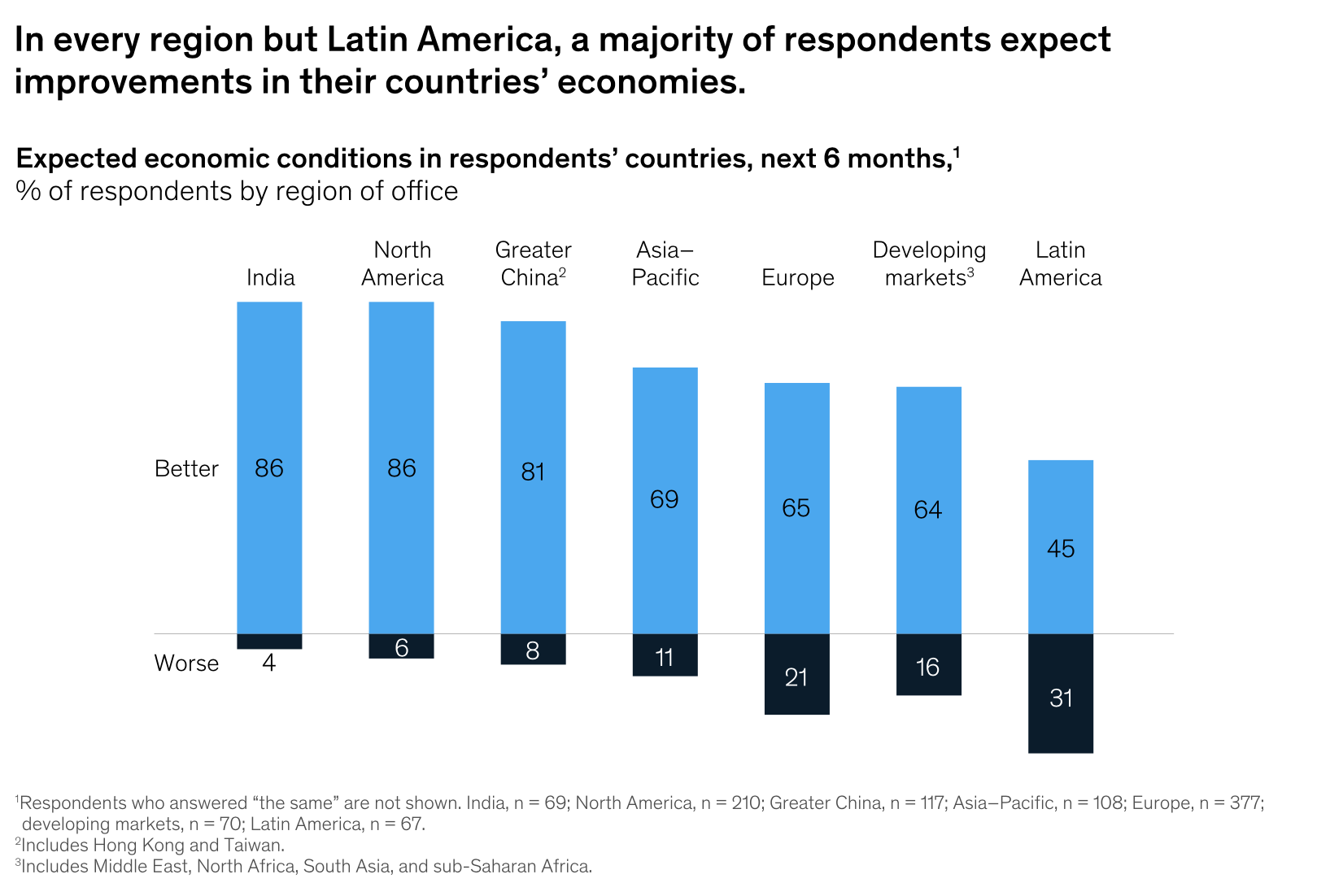As countries across the world slowly emerge from lockdown, the global economy is coming back to life. The longer-term ramifications of coronavirus remain to be seen. Some commentators predict significant changes, while others believe that things will return more or less to the way they were before.
Irrespective of what the future holds, managers, entrepreneurs, CEOs, marketers and a host of others are formulating strategies for the coming months and years. Yet a great deal of uncertainty remains. And many business leaders are unsure about how to plan for a post COVID-19 future.
While there aren’t any easy answers, there are some general guidelines that will help companies navigate the uncharted territory in which they find themselves. In this post, we’re going to outline six of the most important points.

1. Realize There Are Limits to What You Can Do
Some businesses, especially those in the hospitality sector, won’t be able to resume trade immediately. And even those that can get up and running straight away will likely have to deal with lower demand and restrictive safety measures.
Most business models are geared towards concrete results, profits and greater efficiency. And in normal circumstances, this kind of approach is invariably successful. But sometimes it’s necessary to understand that patience is the best possible strategy.
Accepting this reality will enable business leaders to focus on essential tasks like maintaining employee morale, limiting losses and putting in place a survival plan for when trade resumes.

2. Use Periods of Downtime to Evaluate Your Existing Business Strategy
Periods of inactivity caused by coronavirus are good times to reevaluate your corporate strategy and processes. Many competitor threats will be dormant and resources usually allocated for growth will be available.
Consider the following points:
- Goals and KPIs – What are your long-term goals and how do you measure key areas of performance?
- Marketing strategy and positioning – When demand starts to increase, are there any aspects of your positioning and value proposition that will need modifying? Do your current marketing materials cater to the needs of post-coronavirus buyers?
- Market understanding and buyer personas – What new needs and desires will your buyers have because of coronavirus? Have any new markets opened up?
- Operational infrastructure – Which business processes can you make more efficient and streamlined?
- Supply chains – Do you have supply chain contingencies in case current networks are affected by ongoing disruption?
A modified business strategy which accounts for the challenges and opportunities of a post COVID-19 marketplace will put you in an excellent position to bounce back. It will also allow you to take full advantage of any pent-up demand in your market.
3. Prepare for Safety Measures
Failure to adhere to government-issued safety regulations will deter customers and might even land you in legal trouble. Preparing premises, offices and equipment to be in-line with new protocols should be a priority for all companies.
Ensuring that staff are fully educated about how to adhere to regulations is also important. Companies will likely need to create training materials and purchase protective equipment, like face masks and hand sanitizer, for their employees.
Spending a little time taking care of these essential tasks will save you lots of headaches further down the line.
As for us Ultimate Forces Challenge, we’ve chosen for the patience strategy which on one hand we’re familiar with and on the other hand’ it gives us the time to prepare things carefully. Having all items and strategy bite ready for lift-off gives us the advantage for going full force to our next UFC series. Ready, Set Go…
Because we love what we do


Recent Comments